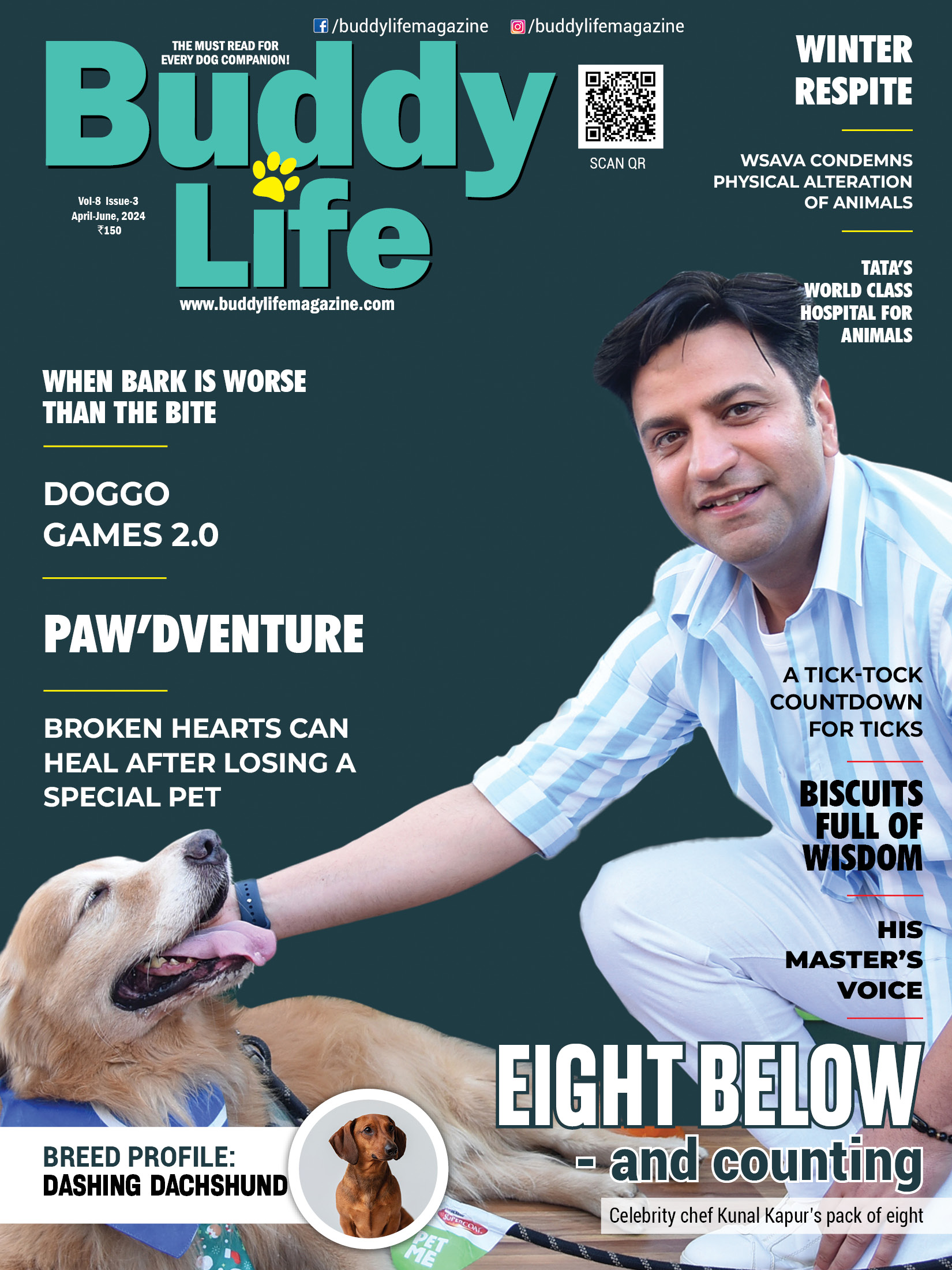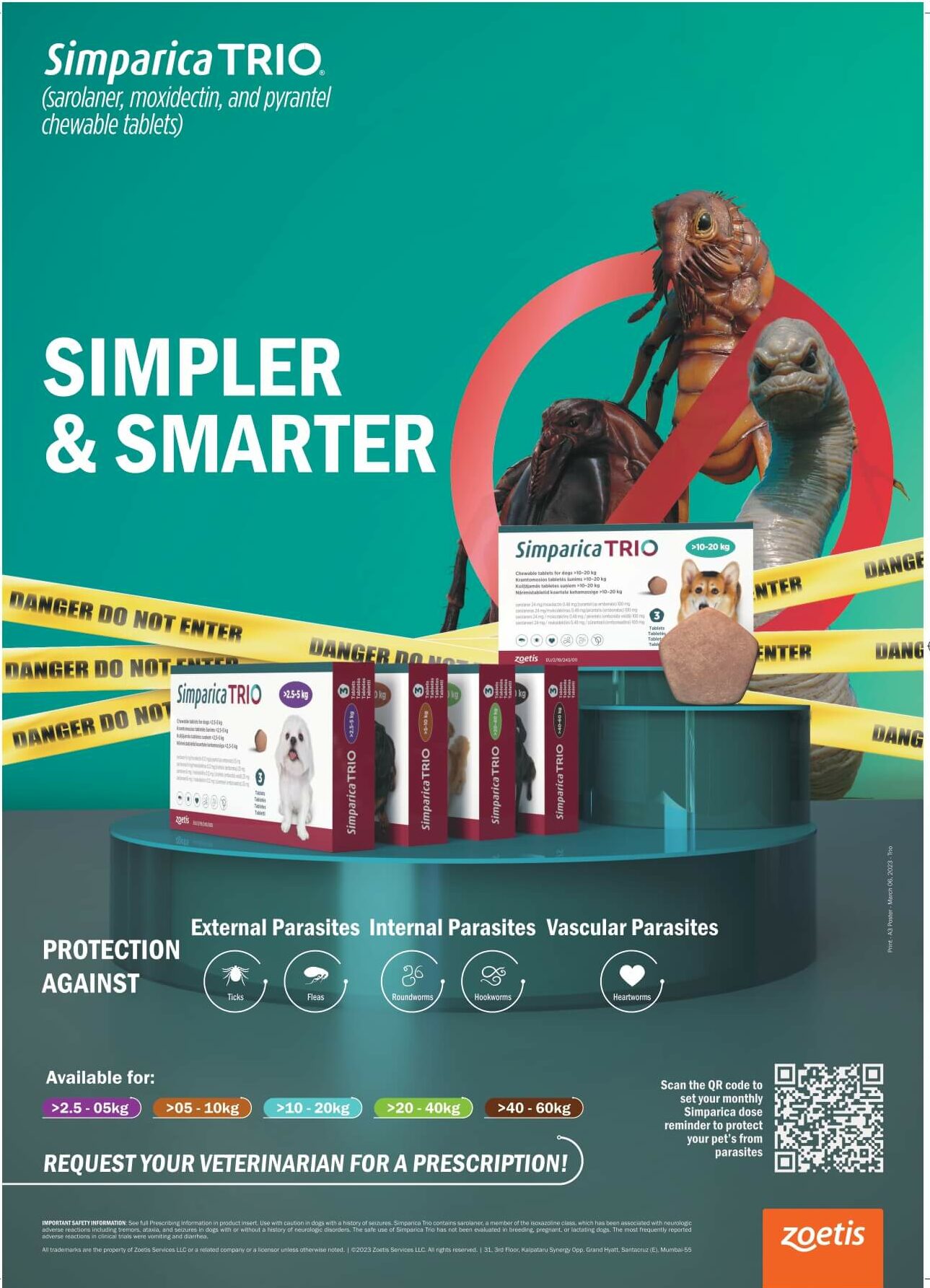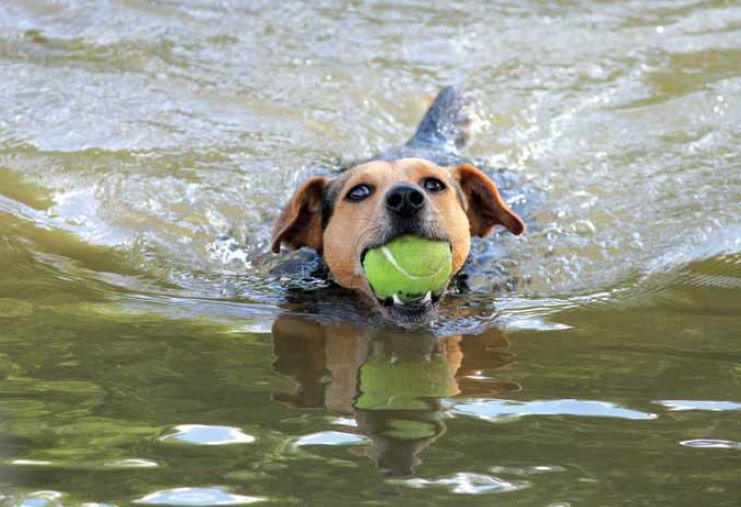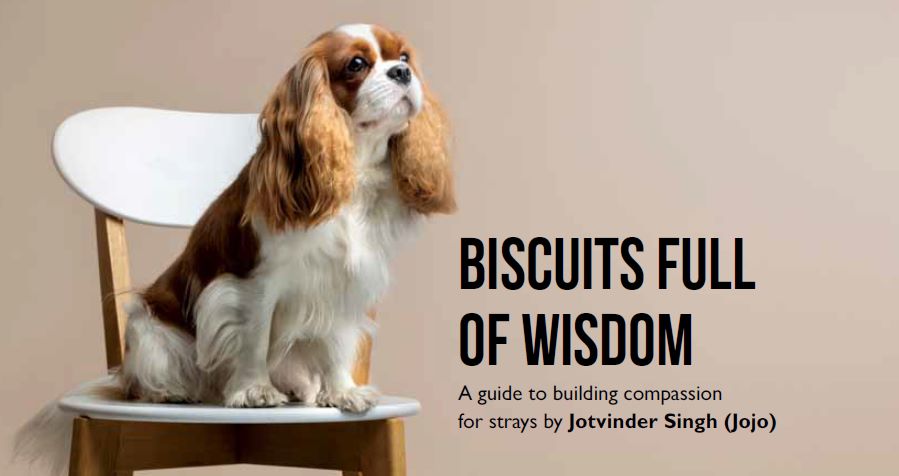
You need to exercise your compassion and feelings daily -and the most effective aerobic exercise is to empathise with creatures around you, says Maneka Sanjay Gandhi
New Delhi, December 10, 2019: The United Negro Colleges Fund has as its motto: “The mind is a terrible thing to waste.” Even more terrible, I feel, is wasting the heart. The heart needs exercise to expand, to be healthy as it were. You need to exercise your compassion and feelings daily – and the most effective aerobic exercise is to empathise with creatures not of your species but those that have to live at your mercy in a world in which they have less and less of a role to play- except to be used and eaten. Empathy develops with knowledge.
I know people who refuse to believe that one animal is different from the other in personality, that animals feel pain, fright, regret, sorrow, anger, love, joy, rage- even boredom. That they have moods, they talk and weep and remember things that have been done to them. Let us start with trying to understand the animal that lives with us: the dog. It has a specific body language and learning it is to open your eyes to a completely new world. I went to Mussoorie once to address a school. I was staying with a parent who had a Doberman.
As I entered the gates of his house, I saw the tied dog at a distance and told the owner, who had come with me from Delhi, that the dog was telling him that he had hurt his foot. The owner laughed. At that distance, he said, one could not even see the dog properly. We arrived at the house and the owner’s wife informed him that their dog had stepped on glass that morning and wouldn’t let anyone near it to clean the paw.
The owner recounted the story several times, but it did not seem at all unusual to me. What would be unusual about understanding Marathi or Telegu – if one had spent time learning it? Let me give you a few easy lessons in the language and once you master it, you will find your third eye – the eye of knowledge and compassion and curiosity about their world – begin to open.
(a) Dogs also purr when they are content. Their favourite route to nirvana is not being scratched behind the ears, which, incidentally, irritates a good many, but in the small hollow where the neck meets the chest marked by a raised tuft of hair. If you gently rub round the tuft you may hear a deep low noise halfway between a snuffle in the nose and a grrrrr. That’s happiness talking,
(b) Don’t look a dog in the eye. It is a direct macho challenge. If it belongs to you, it will look away immediately. But if you are introduced to someone else’s dog and, in the process of patting him, you see him staring into your eyes, back off immediately or you will get nipped.
(c) Tail wagging is not always a sign of happiness. Different positions of the tail mean different things. Most of the time, the wag is a sign of nervousness or apprehension. For Instance, if you call out suddenly to a sleeping dog, the immediate response is a tall thump. It means he has been startled. If the dog senses you are going to scold it, you get the same low tail wag. Have you noticed that if you call out to a stray dog he will stop and give a low tail wag. It signifies nervousness – what will you do to me if I come closer? A high stiff tail wag, especially if it is accompanied by sneezing, means the dog is ready to pick a fight.
(d) When you raise your voice or scold him, the dog puts his ears down, picks them up again, comes to you and tentatively makes a small gesture as if to put a paw out. This is surrender. He has understood your message. Don’t push your scolding.
(e) Sometimes when you command your dog to do something – sit down, come here, sit up, no, go away – he will start scratching himself furiously (for instance, if you have guests and the dog strays into the room and you want him to leave). Don’t bother to look for ticks or mites or even a localised infection. He simply does not want to do what you have said – but doesn’t have the nerve to refuse outright. So he is buying himself time. Don’t press your
command unless it is vitally necessary.Sometimes when you are sitting or lying down, you will see your dog coming towards you and then, in advance, he will start scratching himself. He wants to come but he is not sure of his reception. If you make the next move by calling him or walking up and patting him, his scratching will stop immediately.
(f) When a dog wants to play he will lower his front legs, stretch his body out and yawn.
(g) How does a dog say, I love you to you? He yawns widely, sticks his tongue out in an imaginary lick, closes his mouth with a patchak sound and looks away.
To read more, subscribe to Buddy Life!










 " >
" >
 " >
" >